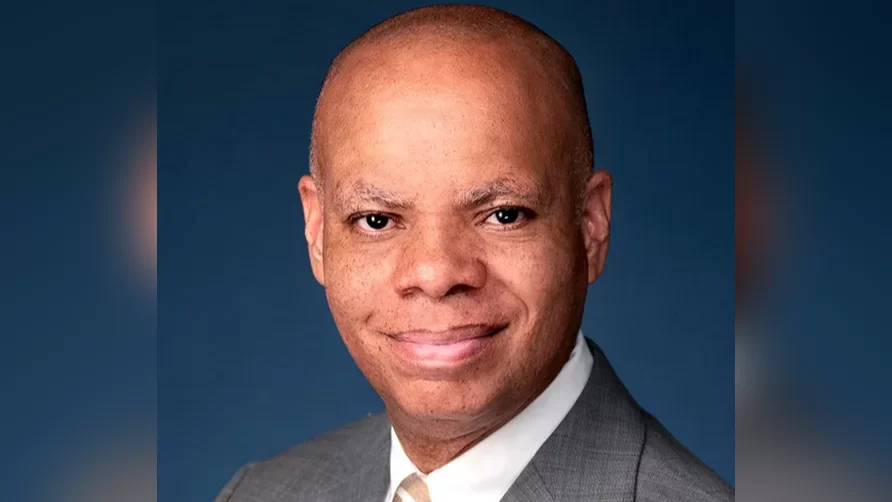The U.S. Supreme Court's landmark 2010 decision in Citizens United v. Federal Election Commission has sparked a debate over the authority of corporations to spend in candidate elections. The ruling, which allowed corporations to spend corporate funds in elections, has faced criticism for its broad application to for-profit corporations.
According to the court, the right to expend funds in elections belongs to the U.S. citizenship of the individuals associated with the corporation, not to the corporation itself. This has raised concerns about the constitutional rights of individual U.S.-citizen shareholders and the authority of for-profit corporate boards to make spending decisions in candidate elections.
Jonathan R. Macey, a professor at Yale Law School, and Leo E. Strine Jr., former chancellor of Delaware’s Court of Chancery, argue that the court's view of corporations as "associations of citizens" undermines the fundamental principles of corporate law. They state that corporations are distinct legal entities with rights and obligations separate from their shareholders.
FEC Commissioner Ellen L. Weintraub highlights the distinction between legal and political rights, emphasizing that while corporations may have legal rights, they do not possess political rights as citizens do.
The decision's application to for-profit corporations has raised concerns about the unequal distribution of political power among shareholders. Unlike the traditional one-share, one-vote rule in corporate governance, the Citizens United decision equates the political speech rights of U.S.-citizen shareholders, regardless of their share ownership.
As a result, for-profit corporate boards have been criticized for usurping the political rights of individual U.S.-citizen shareholders and potentially allowing foreign nationals to influence corporate spending in elections. The need for regulatory mechanisms to protect shareholders from funding political speech with which they disagree has been emphasized.
Justice Anthony Kennedy's suggestion to explore other regulatory mechanisms to address corporate political spending has been largely overlooked. It is now being urged that regulatory agencies, legislatures, and courts consider new procedures of corporate democracy to ensure that for-profit corporations respect the political rights of their U.S.-citizen shareholders.
The report challenges the current practice and calls for a reevaluation of corporate democracy procedures to safeguard the political rights of individual shareholders. The invitation to adjust corporate democracy procedures post-Citizens United remains open, providing an opportunity to address the concerns surrounding corporate political spending and shareholder rights.





